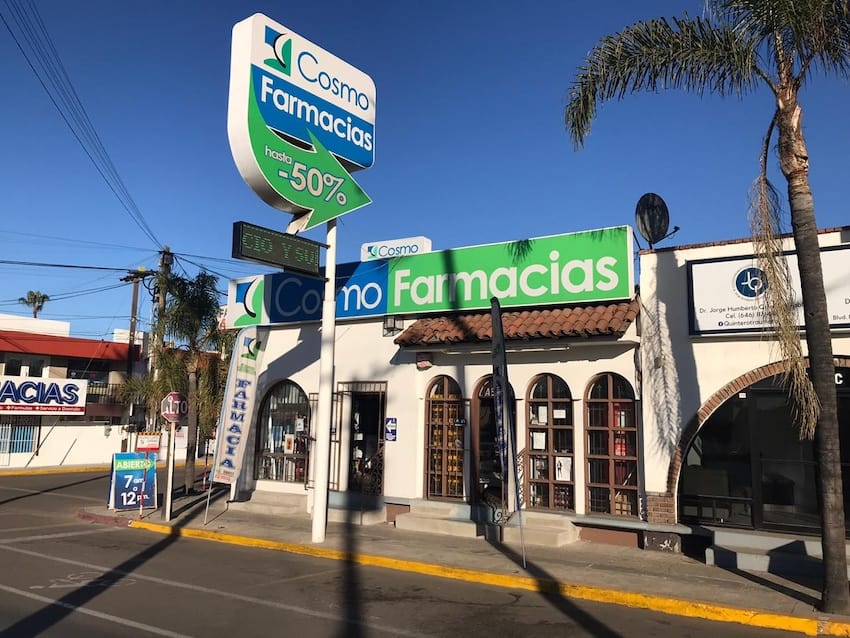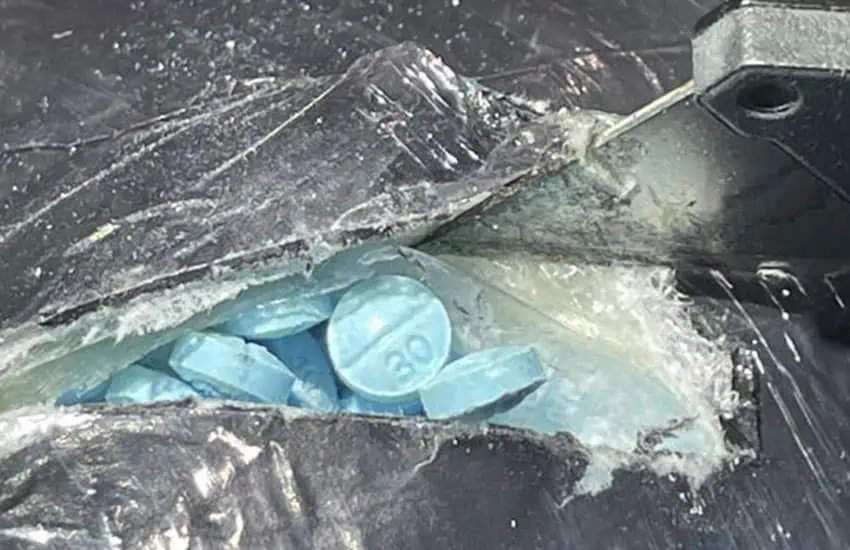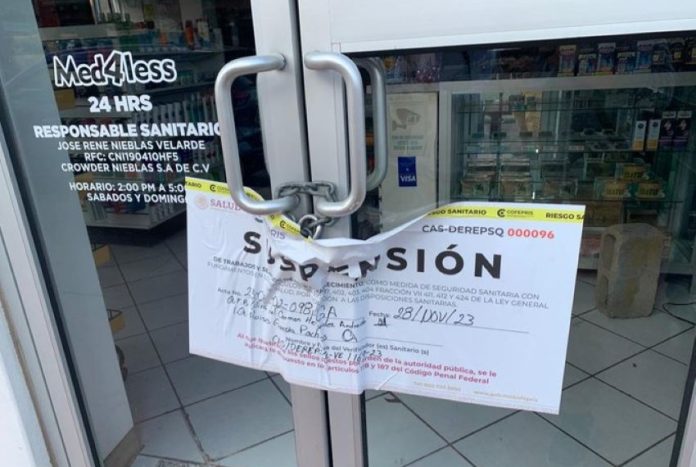The detection of fake or fentanyl-laced pills in drug stores in an action dubbed “Operation Albatross II” has resulted in the closure of 31 pharmacies in the Baja California municipality of Ensenada.
The federal health regulator Cofepris suspended the pharmacies for their “irregular sale of drugs and the presence of medications possibly contaminated with fentanyl,” the agency said in a press release Friday.

More than 4,000 boxes of medicines were seized during what the agency called “verification visits” to 53 pharmacies. The raids were conducted by specialized Cofepris personnel in coordination with the Mexican Navy, allowing for simultaneous visits to various locations in the municipality of 443,000 people.
Samples from the 4,681 seized boxes of medicine were analyzed to determine their authenticity, adulterations or the presence of fentanyl.
A list of the 31 now-shuttered pharmacies was included in the press release. Most are not among Mexico’s five biggest pharmacy chains, with one exception: a Farmacia Guadalajara on Calle Novena in central Ensenada.
This location was cited for having “73 boxes of controlled medications” worth 168,507 pesos (US $9,658).

According to the Associated Press, the action “represents one of the first times Mexican authorities have acknowledged” what UCLA researchers pointed out last year after visiting 40 Mexican pharmacies: “that Mexican pharmacies were offering controlled medications like Oxycodone, Xanax or Adderall, but the pills were often fentanyl-laced fakes.”
Similar action took place in August as part of the first “Operation Albatross,” when 23 pharmacies in the southern state of Quintana Roo were shut down for “irregular” activities. In that instance, 55 pharmacies in Cancún, Playa del Carmen and Tulum were raided during a joint Cofepris-Navy operation.
Officials never said whether the pills seized in Quintana Roo contained fentanyl, but they did say the cited pharmacies were selling expired medicine that was possibly counterfeit, and that their record-keeping was not up to standards.
In March, the U.S. State Department issued a travel warning, noting that pills being sold at pharmacies in Mexico “may contain deadly doses of fentanyl.”
“These counterfeit pills represent a serious overdose risk to buyers who think they are getting a known quantity of a weaker drug,” Chelsea Shover, assistant professor-in-residence of medicine at the David Geffen School of Medicine at UCLA, said earlier this year.
With reports from El Demócrata and AP
